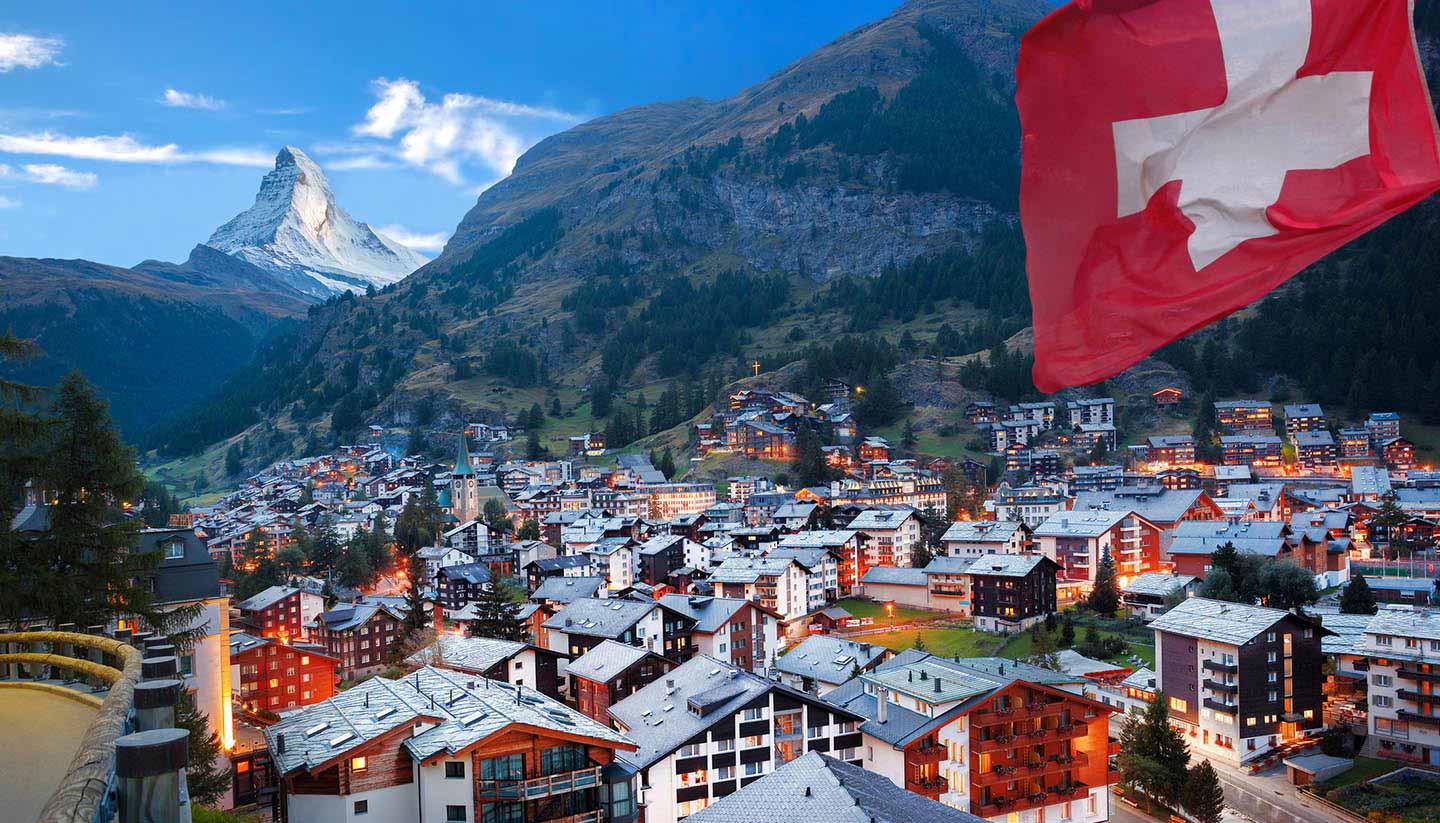Switzerland: Doing business and staying in touch
Doing Business in Switzerland
Businesspeople are expected to wear suits. Punctuality is important and business cards are essential when visiting firms. During meetings, humour is considered inappropriate and does not cross cultural barriers easily. Business relationships and negotiations tend to develop slowly and visitors should adopt the local pace. A little introductory chitchat is usually expected but overly personal topics are best avoided.
Although English is widely spoken, it is always appreciated if a visitor attempts to say a few words in the host's language. The usual form of greeting in both business and social settings is a firm handshake.
On the first meeting, it is always important to address Swiss colleagues by their surnames (including any academic or honorary titles) prefixed by Herr (for a man) or Frau (for a woman) and to use the polite Sie form rather than the informal du, until familiarity has been established. If invited to a colleague's home, you should bring a small gift of flowers (these should be unwrapped) or chocolates. In Geneva, company structures remain hierarchical, particularly within the financial sector.
Meetings are commonly held over lunch and dinner – rarely breakfast – and Genevans appreciate an invitation to a top restaurant. Suits should be worn but without ostentation. In Zurich, the business culture there values directness and honesty, which can sometimes come across as brusque to those unfamiliar with it.
Office Hours
Most offices operate from 08:00 or 08:30 to 17:00 or 18:00, with a one-hour lunch break, typically between 12:00 and 13:00.
Economy
Switzerland boasts one of the most stable and prosperous economies in the world. The country is also home to major banks, insurance companies, and asset management firms, making it a global hub for finance. Its economy also excels in high-value industries such as pharmaceuticals, precision machinery, and luxury goods, including watches and jewellery. Switzerland's emphasis on innovation, supported by world-class research institutions and a skilled workforce, has cemented its reputation as a leader in technology and advanced manufacturing.
In addition to its industrial prowess, Switzerland benefits from a thriving tourism sector and agriculture specialising in dairy products and high-quality cheeses. The country maintains a high standard of living, underpinned by low unemployment and a strong social safety net. With its highly decentralised governance structure, Switzerland fosters economic stability and adaptability, making it a model of modern financial management.
Switzerland is not an EU (European Union) state but has close economic and political ties through a series of bilateral agreements.
GDP
US$884.9 billion (2023).
Main exports
Pharmaceuticals, chemicals, machinery, watches, food products, and refined precious metals.
Main imports
Machinery and equipment, raw materials for pharmaceuticals, vehicles, food products, and energy products.
Main trading partners
Germany, the United States, China, France, and Italy.
Keeping in Touch in Switzerland
Telephone
Switzerland still has public telephones, but they are becoming increasingly rare due to the widespread use of mobile phones.
Mobile Phone
Switzerland has excellent mobile network coverage across the country.
Coverage in the Alps and remote hiking areas can be patchy due to the challenging terrain, but main routes, ski resorts, and populated Alpine villages typically have good signal strength.
The three main mobile providers in Switzerland are Swisscom, Sunrise, and Salt.
Internet
Wi-Fi is widely available in public places, hotels, restaurants, and tourist attractions.
Media
Switzerland's press is free and diverse, with a wide range of news sources available in multiple languages, including English. Visitors can stay informed through platforms like Swissinfo and The Local Switzerland, or access English-language editions of major international newspapers. For local updates, Swissinfo is particularly helpful for non-German, French, or Italian speakers.



